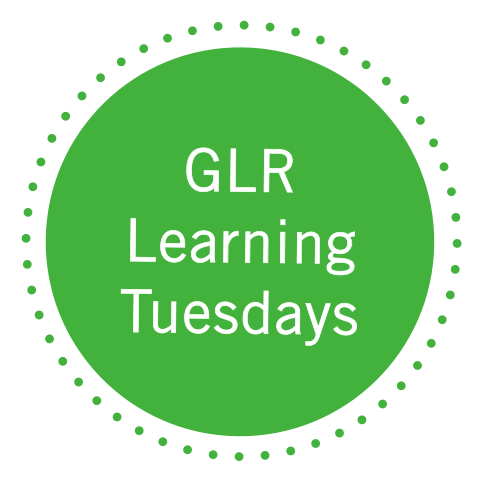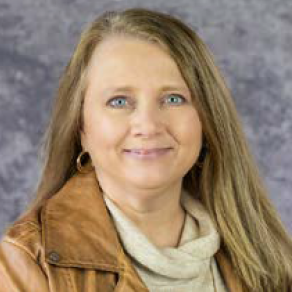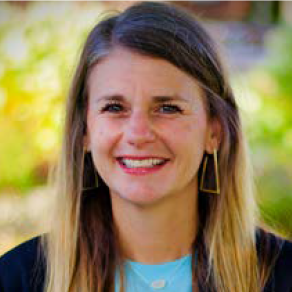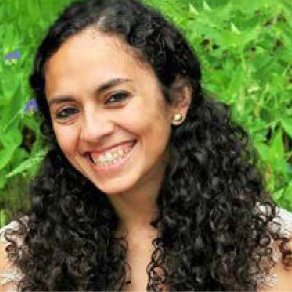
03:00 - 04:30 pm
Not Without Teachers: Intentional Teacher Development for Improved Student Outcomes
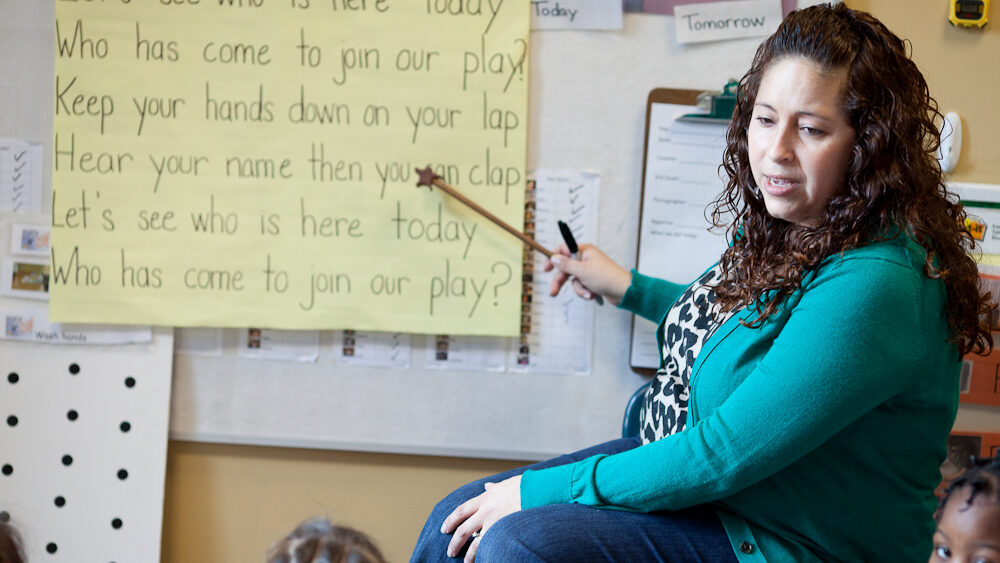
“Teachers want to do right by their students, and they want to teach using the most evidence-based literacy strategies….So what they need are high-quality professional learning opportunities to specifically collaborate with peers as they work to incorporate new techniques into their classrooms.” – Kira Orange Jones, Teach Plus
Teachers are the front line in turning curricula and instructional material into learning. Their effectiveness is key in learning and addressing the learning recovery need that the pandemic highlighted. During this Learning Tuesdays session, Cynthia Hadicke, Ed.D., of AIM Institute for Learning and Research acknowledged that we are having a teacher crisis, with many veteran teachers leaving the field. Meanwhile, more and more teachers are coming to the field through alternate certification, and with this, it is important that these teachers “understand the depth and complexity of teaching reading.” Jill Hoda of the Mississippi Department of Education added, “We have to have courageous conversations and look at the ways things were done and how things should be done.” In addition, she said, “We need to make sure that not only new teachers but also veteran teachers are grounded in the science of reading.”
Kira Orange Jones of Teach Plus shared a preview of data from the organization’s recent survey of over 300 elementary literacy teachers across 24 states who indicated that they “have received more training in, feel more comfortable with, and are spending more time on vocabulary and reading comprehension than they do on phonics, phonemic awareness and fluency….Almost 40% of teachers surveyed report that they do not receive currently any job-embedded coaching that supports their instruction in teaching all five of the pillars of reading.”
Elizabeth “Liz” Woody-Remington of The Learning Alliance in Indian River County, Florida, explained that it’s not simply training that teachers need. It’s the support of the translation science, which is “job-embedded professional development that is collaborative, intentional and sustained.” In this session, we also heard success stories of how states, districts and schools are implementing this in Mississippi, Louisiana and Florida.
In Mississippi, they have used the AIM pathways as the foundation for their science of reading training, providing tiered and regional options that are open to teachers, coaches and administrators. They have implemented a coaching model that includes comprehensive coach training, which Hadicke describes as “a non-evaluative piece of the puzzle where teachers have the chance to learn, practice and apply” skills. Mississippi has seen their NAEP 4th Grade Reading National Ranking move from 50th to 21st between 2013 and 2022.
In Jefferson Parish, the largest district in Louisiana, they are seeing significant progress also using the AIM pathways. Jones says about this work, “this is actually possible, because this proves it can happen at scale….The work that districts and states have taken on in partnership with education doesn’t have to remain an outlier example, but rather could become the norm.” Jones, continued adding, “While initially we, of course, believe that experts need to be positioned to drive this type of
professional learning, what we have found is that teachers trust other teachers the most. And they trust them to provide professional learning and to essentially be responsible for leading continuous improvement efforts and professional learning communities to help teachers incorporate new skills into their practice.”
Leslie Connelly of the School District of Indian River County, Florida, and The Learning Alliance described a program at the Moonshot School in Indian River that they launched with a weeklong summer institute on the science of reading for teachers, which was attended by 85% of the staff. They have also given their staff extended collaborative planning time — two hours every week plus an additional five hours once every six weeks through a creative special schedule. The Moonshot School also opened demonstration classrooms that are always open for lesson studies and for teachers and coaches to collaborate to improve their practice. There is “buy in from the top level down and everybody gets coached. So, it’s a very systematic coaching model here….We’re that hub of learning,” said Connelly.


 All Events
All Events